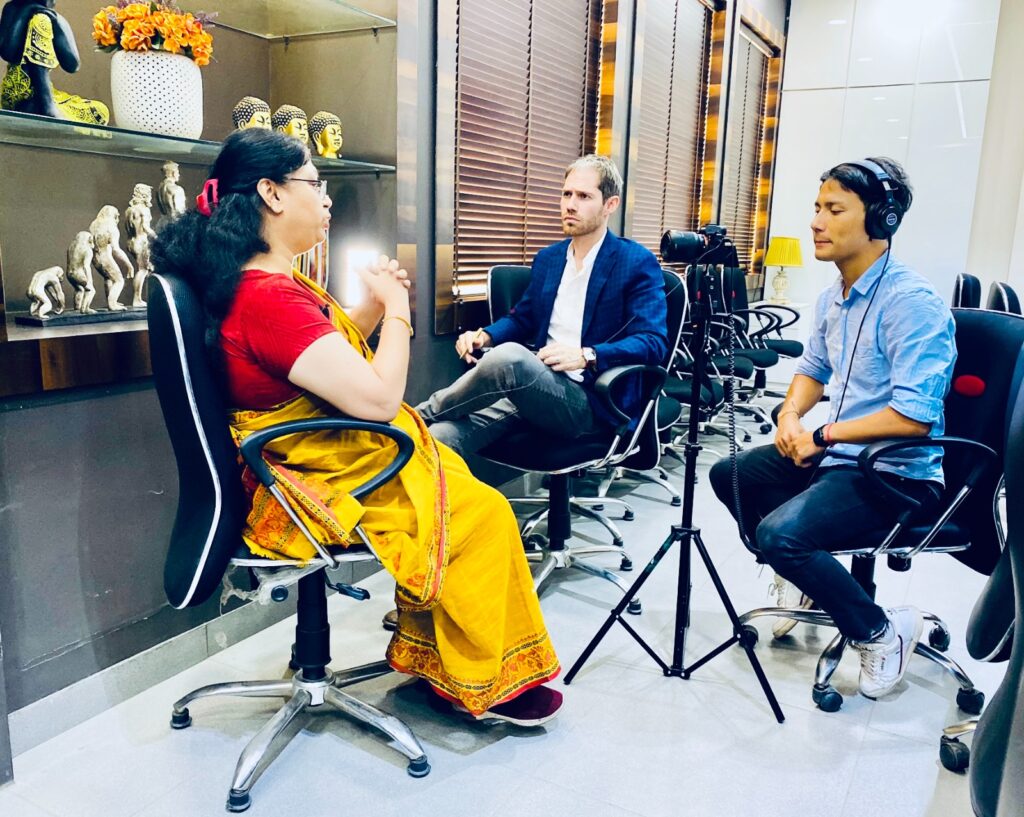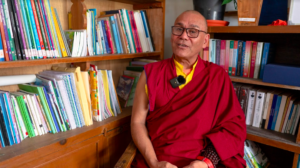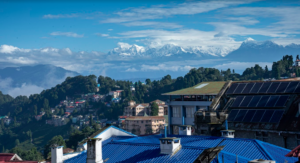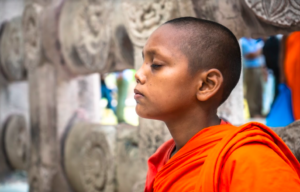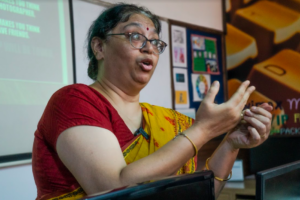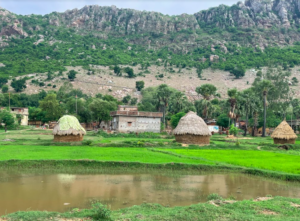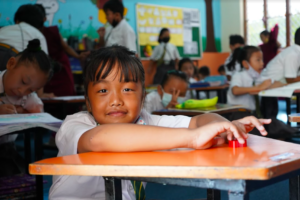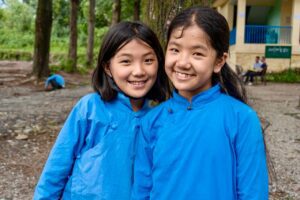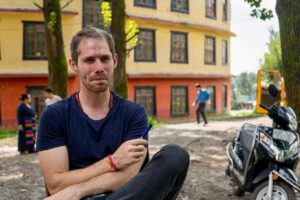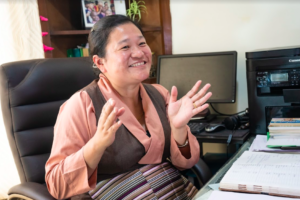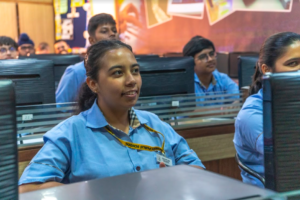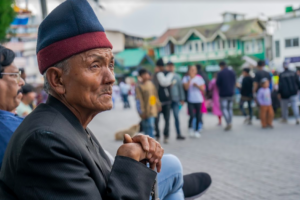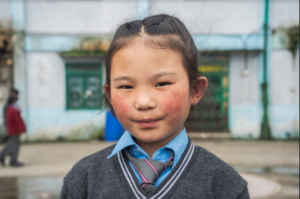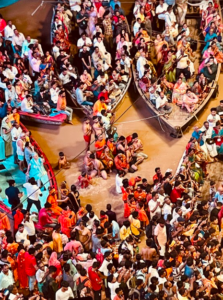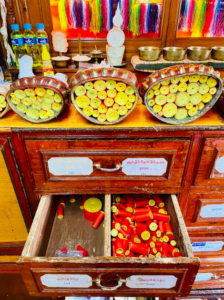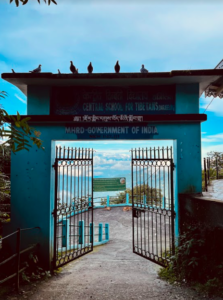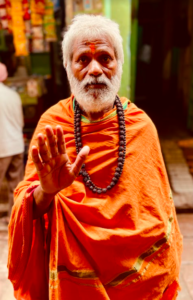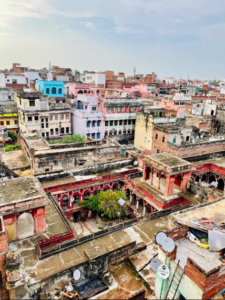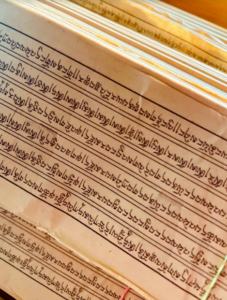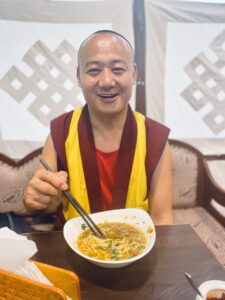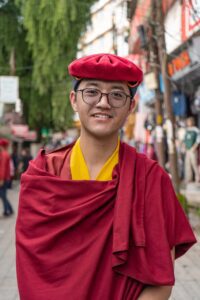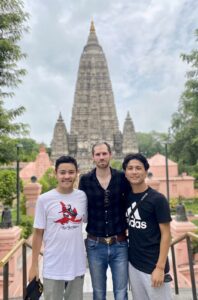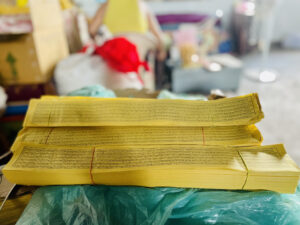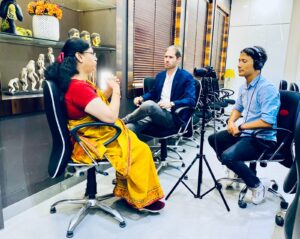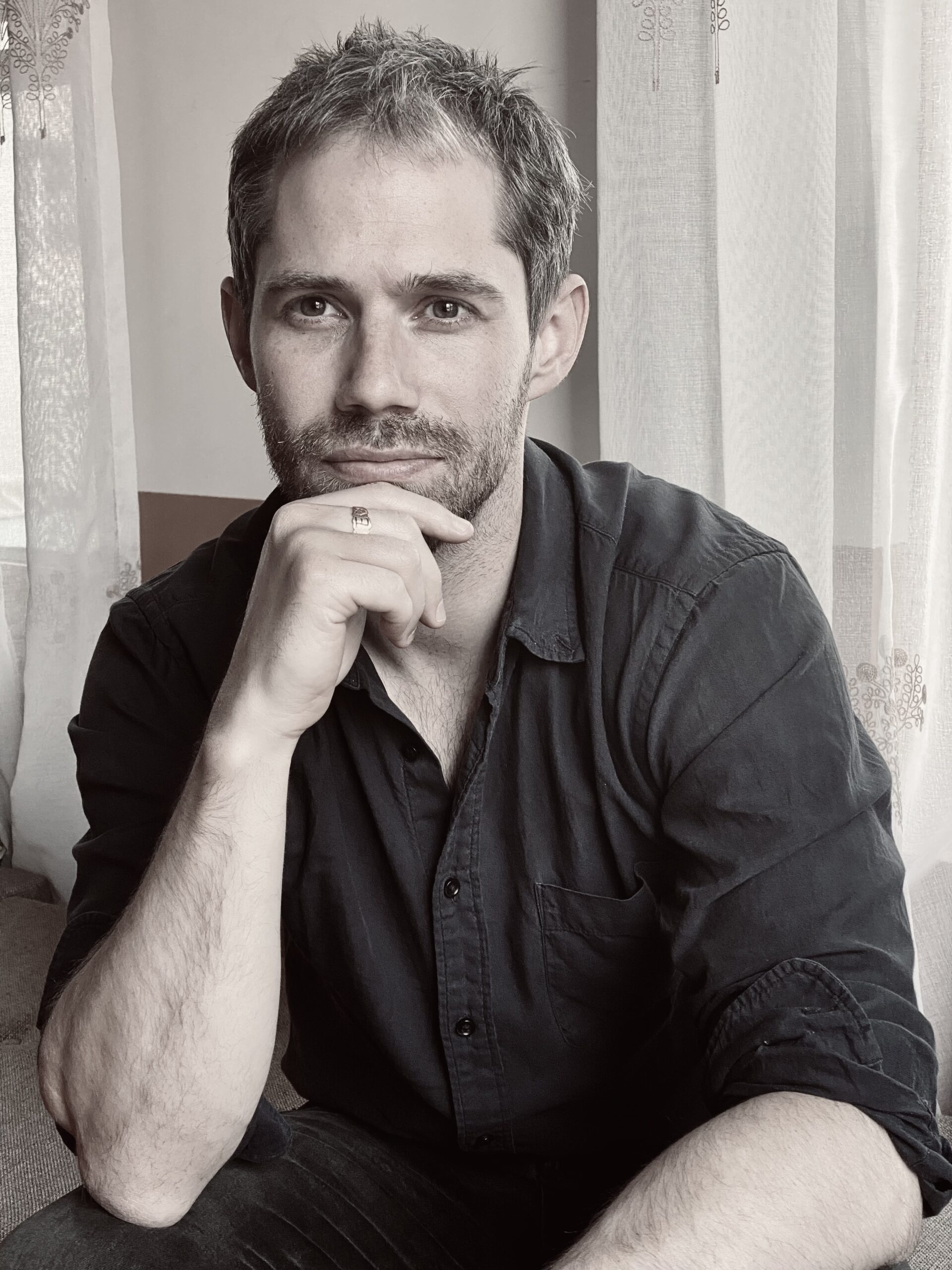
How can mindfulness and Buddhist philosophy foster a healthier democracy?
This current field research, done with the Library of Tibetan Works and Archives and documented on camera by Moonpeak Films, is comparative curriculum based. It focuses on the civics and mindfulness curriculum of the Tibetan diaspora’s school system, as compared to the Indian, British, and American counterparts. It sought to answer the question: What makes the Tibetan diaspora’s burgeoning democracy so effective while its counterparts —bulwarks of western democracies—are facing a backward slide?
The field research was conducted with seven schools across India, the United States, and the United Kingdom, using qualitative and quantitive data, comparative law, site visits and interviews with officials, faculty and students. It found the key feature of the Tibetan diaspora’s democratic success was its various mindfulness practices and Buddhist philosophy inherent within the Tibetan culture.
The research revealed a bigger question: How can mindfulness and secular Buddhist philosophy foster a healthier democracy?
“A New Curriculum” documentary is set to be released in July, 2024, with an academic paper set to be published in December, 2024.
My future research focuses on Buddhism and democracy, Buddhism and law, and Sangyé Gyatso’s “Clear Mirror Guidelines for Government Officials”.
The Role of Law and “Lawyers” in the Early Ganden Phodrang
Using original translations, this Masters thesis explores role of Desi Sangyé Gyatso’s “Clear Mirror Guidelines for Government Officials” in the early Ganden Phodrang period. It also looks specifically at Chapter 5 analyzing the role of the “chief of the law” or “law-doer” and its role in the evolution of Tibet’s “lawyer” or “legal representative” role.
Request a copyTwo Nations, One Path?
A constitutional comparison of the Bhutanese and Tibetan diaspora instruments, this paper explores the influence of Buddhism in each and charts the constitutional process from their inceptions into the future. As a final thesis for Albany Law School, it was presented in December 2021, to University of Oxford’s Oriental Institute, as part of their Tibetan Graduate Student Seminar Series. It is set to be published in Tibet Journal in December 2024.
request a copy
